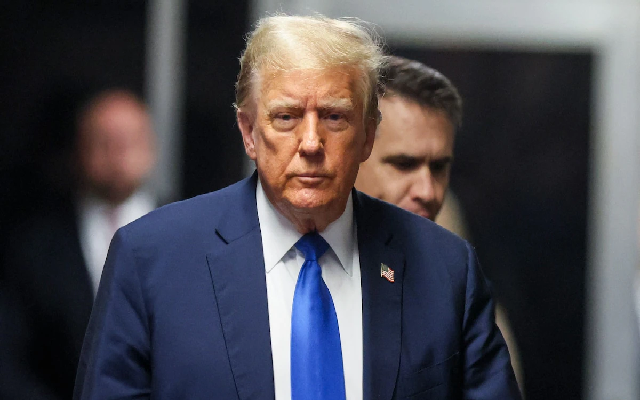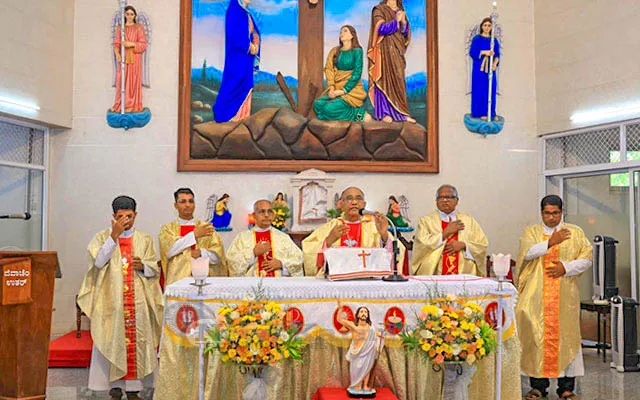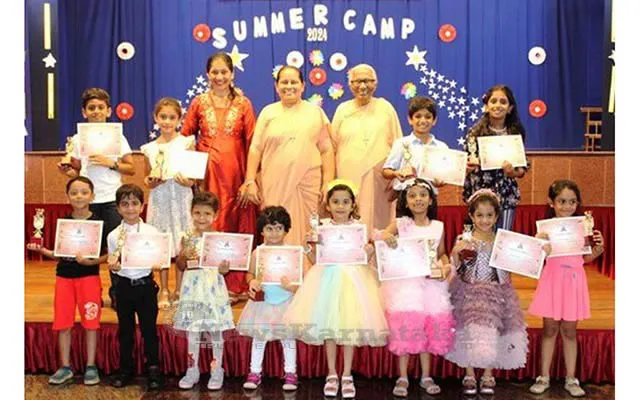Karnataka state’s six smaller cities Mangaluru, Shivamogga, Belagavi, Hubballi-Dharwad, Tumakuru, and Davangere have left behind their bigger counterparts, Bengaluru and Mysuru in the race for the smart city tag. Under the five-year project (2015-2019), each smart city will be given Rs. 500 crore from the Centre and an additional Rs. 500 crore from the State government and the cities are leaving no stone unturned to qualify. But what does being Smart really mean and what are the challenges? V. Ravichandar, Civic evangelist briefs.
There is currently a lot of excitement in the country around the 98 smart cities chosen for the smart city tag, though Karnataka’s capital city Bengaluru has not made the list. The question most citizens have is what makes a city smart and how come Bengaluru is not considered a smart city? Bengaluru did not make the cut because it fell short on some key criteria related to availability of past audit reports for BBMP, public toilets relative to the population, etc. While six smaller cities from Karnataka were selected, Mysuru joined Bengaluru in being left out. According to Urban Development Minister Vinay Kumar Sorake, the low recovery of property taxes, water cess, incomplete audit, delay in execution of Jawaharlal Nehru National Urban Renewal Mission (JNNURM) projects and failure to utilise JNNURM funds, inefficient waste disposal, and heavy debt were major reasons for denial of the smart city tag for Bengaluru and Mysuru city corporations.
While six smaller cities from Karnataka were selected, Mysuru joined Bengaluru in being left out. According to Urban Development Minister Vinay Kumar Sorake, the low recovery of property taxes, water cess, incomplete audit, delay in execution of Jawaharlal Nehru National Urban Renewal Mission (JNNURM) projects and failure to utilise JNNURM funds, inefficient waste disposal, and heavy debt were major reasons for denial of the smart city tag for Bengaluru and Mysuru city corporations.
One other possible consideration that facilitated the denial of this title to these two cities, is that these two cities were part of the JN-NURM project and it was time to support the smaller cities. Perhaps it’s just as well that Bengaluru has been left out. They have a chance to show that they can be smarter than the rest despite not being in the ‘smart’ list!
So what is a Smart city?
In the West the terminology was popularized by the technology companies that had large investments in broadband connections, electronics equipment and software. These firms were responsible for pushing the idea of futuristic smart cities that would be powered by technology be it smart metering, synchronized traffic lights, smart parking, machine talking to machine, etc. This classification would be a very limiting one in India where a large proportion of the population is struggling with basic infrastructure like housing, water supply, piped sewerage, etc.
Smart cities for India would mean planning our cities in a more ecologically friendly, sustainable manner using relevant digital and information technology aids within an appropriate governance system. To do this Smart cities must listen to the voice of its citizens and be open to learning and adapting from best practices elsewhere in the world. Smart cities must deliver on water supply, sanitation, public transport, roads with walkable footpaths energy, affordable housing, citizen services, safety, public health, e-governance, etc.
So how will being selected as a smart city change life for the six Karnataka cities? It will depend on when they qualify over the next three years. Once a city qualifies, they will be entitled to Rs. 100 crores per year from the Central government for the next five years to help start the journey to a smart city. A matching grant would be made available by the State Government. So for starters they will need to decide how to use the money wisely. A city needs to find its own destiny and decide on what is more important that needs to be addressed initially. Some examples of projects that can be undertaken under this initiative – pedestrian friendly streets, time of day metering for power where the charges for peak times is higher, smart meters for water consumption measurement in individual apartments where currently the billing is done through a single meter for a building, car pooling, water conservation measures by sharing information on water consumption with others in the neighborhood, use of information technology for e-governance, finding parking slots, traffic management, etc.
Are there any challenges on this journey? For one, we will need governance and administration reform so that we have a more citizen centric city corporation. We will need to find ways to engage the community in identifying what needs to be done and do projects in a collaborative manner. The City Corporation will need to improve its financial reporting through robust systems and transparency in accounts. This will enable it to borrow money from the market. Finally the private sector and entrepreneurs will need to be incentivized to be part of the smart city journey.
Ravichandar is Chairman of Feedback Consulting (www.feedbackconsulting.com), a leading research and consulting firm in India that has been part of over US$ 6 bn investments in India. Ravichandar is one of the 3 members of the Expert Committee on BBMP (Bangalore City Corporation) Restructuring exercise (www.bbmprestructuring.org) and a member of the Bangalore Vision Group.
(This article was published in the recent issue of Karnataka Today Magazine)

















